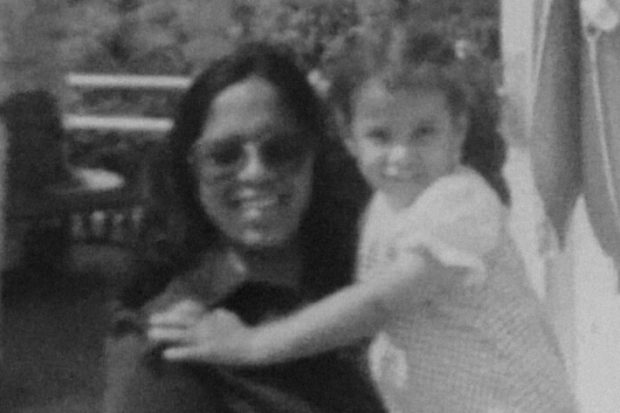
Profile
Job: Deputy Director
Organisation: Department for Environment, Food and Rural Affairs (Defra)
Years in Public Service: 16
My grandmother/mother was a…
My mother died unexpectedly on Friday 17th November, 2017. Her name was Sula. And she was, in Maya Angelou’s words, a Phenomenal Woman. She travelled from Trinidad to England in the 1960s to become a nurse. And she spent a large part of her life caring for others.
In her later life she was an artist and expressed herself in the vistas and rhythms of the Caribbean – her paintings bring colour to homes across the country today.
She believed in possibilities and instilled in me a sense of aspiration – that I could do anything I wanted - and that education was key. She grew up in a world where the expectation of girls was marriage and motherhood.
My grandmother was a young teenager when she married and bore 9 children (and had many more pregnancies). Although Sula loved being a mother, as one of her many roles in life, she also believed in other possibilities. That belief brought her across the Atlantic in a boat over half a century ago and that belief lives on in me.
Me in a paragraph
I am curious about life – all life. I spent my formative years engaged with the natural world and my student years exploring psychology. My interests led me to Government Social Research and eventually the role of Chief Social Scientist at Defra.
Recently, I took the decision to focus on policy, handing over the head of profession role to a very talented woman, but I retain a keen interest in interdisciplinary evidence and its application to policy making. As a policy maker, I am continuing my informal study of the intersection between the natural and human worlds. It continues to inspire me.
When I am asked who I am, I am struck that I have choice to express my sense of self that rises above tendencies to reduce to either biology or sociology. My intellectual curiosity also allows me to consider those academic views simultaneously, whilst for a long time (and to some extent still in existence) concepts of nature versus nurture have been destructively polarised.
My role
Being deputy director for marine policy is a privilege which allows me to lead, engage and challenge both myself and others. Oceans are the largest active carbon sink on Earth, helping to regulate the climate; they break down waste products, such as sewage; they recycle nutrients that are important for marine productivity and economic activity. They contribute to the UK’s economy through employment, providing sustainable seafood and raw materials. They give millions of people the chance to enjoy angling, sailing, rock pooling, diving, and wildlife watching; and they bring the health and wellbeing benefits of ‘blue space’.
These environmental, economic and social values are at stake from human activities, which have intensified dramatically over the last 100 years, leading to increased pressure on the marine environment. It is commonly said that we know more about the surface of the moon and the bottom of the sea. Understanding and managing these pressures is essential to safeguard our ocean values.
My role is to deliver for the public, through the government of the day, to protect and enhance those values, working across professions, departments and nations.
If I had a magic wand, what I would do to accelerate gender equality?
In my view the most corrosive cause of gender inequality is the rigidity and limitations of definitions of femininity and masculinity and all the consequences of that in terms of private, public and professional relationships. We have been defined socially at a young age by being the opposite of what is considered normal for boys and normal for girls. Thankfully, times change.
For my grandmother, the thought of my professional role was unimaginable. For my mother, it became a plausible ambition for me. And the idea of ‘gender fluidity’ is a welcome challenge to my generation of feminists.
At the same time, we need to understand a lot more about our sexual selection that undoubtedly resulted in evolutionary important differences as well as the social and cultural constructions that can both reinforce and challenge these differences and take care not to reify the nature versus nurture debate. As has been more eloquently said by others, we need the concept of equality not because we are the same but because we are different.
Subscribe to this blog for more stories from inspirational women. You can also follow Suffrage Centenary on Twitter.
3 comments
Comment by Dolores Michels-Harper posted on
Beautifully written and a really Great tribute to the women in your life that inspired you to strive to reach your goals in life. Love, Dad and Dolores
Comment by Siobhan Newman posted on
Sula crossed the ocean and now you are working to help sea life. Love and seventh waves to both of you...
Comment by Dawn Hollidge posted on
Eloquent, thought-provoking and inspiring as always.